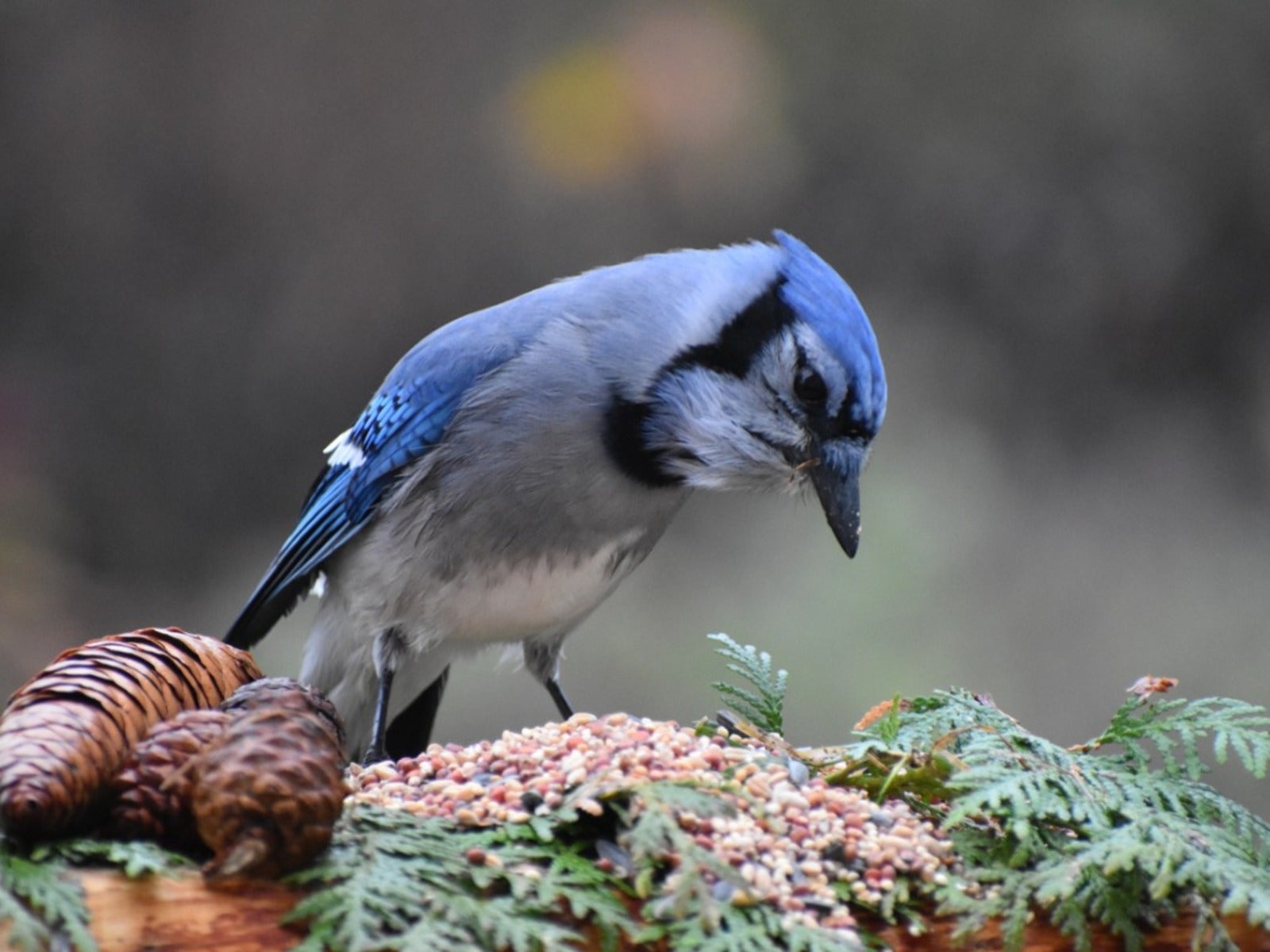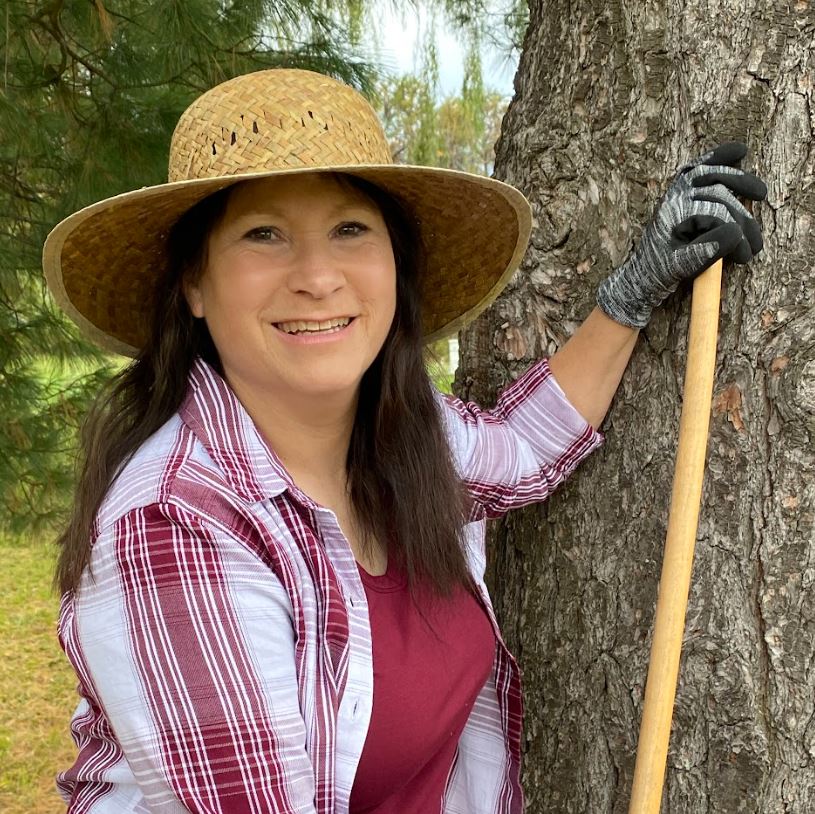Native Birds Of The Northeast


Many gardeners find working outdoors is made more enjoyable by the array of bird songs that fill the air. Yet, did you know that some native birds of Northeast America are beneficial to the garden, while others can be detrimental? Being able to identify which birds are visiting the garden, helps gardeners determine whether or not they should be attracting or deterring these creatures.
Beneficial Birds: Northeast America
Our feathered friends help gardeners in many ways. Some birds consume the bugs and insects which plague our plants, and many birds are important pollinators. Seed-eating species can help us cut down on our weeding chores, especially when we've been a bit negligent in removing weeds before they mature and set seeds.
Bluebirds
These beautiful blue feathered insectivores sport a red breast and white belly. A portion of the bluebird's diet includes poke and sumac berries.
Cardinals
Male cardinals are easily recognized by their brilliant red plumage. They eat insects, grasses and tree buds as well as serviceberries, mulberries, elderberries and poison ivy berries.
Downy Woodpeckers
Gardeners can often spot these black and white birds by following the sound of their drumming as they forage for beetles, caterpillars and ants. Woodpeckers don't harm trees, but they can damage houses, barns and other wood structures.
Goldfinches
The brilliant yellow feathers of this species make it one of the most recognizable small birds of northeast states. There are several species of finches which populate the Northeast and their diets primarily consist of small seeds.
Ruby-Throated Hummingbirds
Known for their fast wing speed and long slender bills, the Ruby-throated hummingbird is not only an excellent pollinator but these tiny birds also consume flies, gnats and aphids.
Gardening tips, videos, info and more delivered right to your inbox!
Sign up for the Gardening Know How newsletter today and receive a free copy of our e-book "How to Grow Delicious Tomatoes".
Song Sparrows
As one of the many indigenous species of sparrows that inhabit the New England states, song sparrows consume many harmful insects including weevils, leaf beetles, and midges. In the winter, these brown and white striped birds feed on grass and weed seeds.
Common New England Birds That Damage Gardens
Most of the following birds have bad reputations from farmers and gardeners for eating flower buds and crops. Yet, it's important to remember that in addition to snacking on your fruits and veggies, these birds consume a large number of invertebrate garden pests.
Blue Jays
These vibrantly blue feathered birds eat caterpillars, beetles and grasshoppers, but a portion of their diet also includes berries and nuts. Protect your ripe cherries, blueberries and strawberries when these birds visit your garden.
Crows
Weighing in at about 1 pound (0.45 kg), crows are easily identified by their large size and glossy black plumage. Although crows eat grubs, caterpillars and armyworms, they will also snack on corn seedlings, fruits and vegetables.
Cowbirds
So named for their tendency to follow cows and consume the insects that get stirred up as the cattle graze, cowbirds will also damage crops like sorghum, millet, and rice. Male cowbirds are the easiest to identify by their black bodies and brown heads.
Grackles
Identified by their iridescent plumage in shades of black, purple or bronze, grackles love corn. They will not only eat the kernels, but also pull up the seedlings in the spring.
Red-Winged Blackbirds
These harbingers of spring damage commercial crops like oats, sorghum, wheat and rice, but can also be a problem for backyard gardeners growing corn and sunflowers. The females are a mottled brown color, but the males are easily identified by their black plumage and red shoulder patches.
Robins
As one of the most identifiable birds in the garden, robins eat a variety of ground dwelling harmful insects. Unfortunately, these red breasted birds can easily desecrate a blueberry or strawberry crop. They also like cherries and raspberries.
Other Common Birds of the Northeast
As many as 400 species of birds reside year round, overwinter or migrate through New England and the Northeast US states. It's unlikely every species will visit your garden, but here a few more birds you might spot in the backyard:
- American Yellow Warbler
- Baltimore Oriole
- Black Capped Chickadee
- Cedar Waxwing
- Gray Catbird
- Mourning Dove
- Tufted Titmouse
- White Breasted Nuthatch

Laura Miller has been gardening all her life. Holding a degree in Biology, Nutrition, and Agriculture, Laura's area of expertise is vegetables, herbs, and all things edible. She lives in Ohio.